
Born
Johannes Baptist Metz is born August 5 in Welluck, near Auerbach, Bavaria. He is proud of his Bavarian heritage and returns regularly throughout his life.
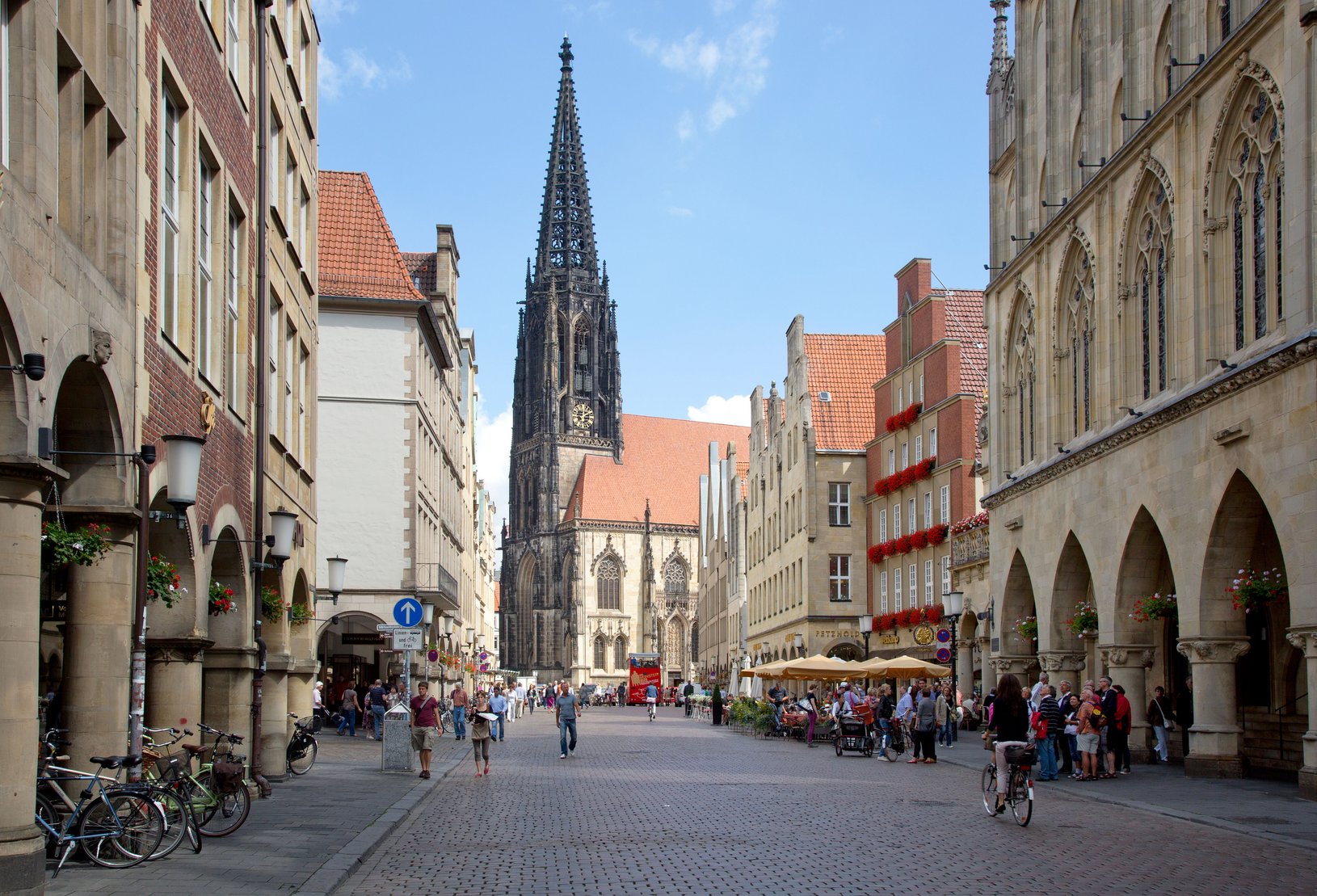
Johann Baptist Metz’s storied biography begins during 1928 in Bavaria in southern Germany. But it was later, as a teen, when his experiences WWII would most dramatically shape his political theology.
As a teenager, he was conscripted into the Wehrmacht in the last years of World War II. His wartime experiences provided foundational memories for him. He was stunned by the death of his entire unit, captured as a POW, and confused by his family’s ignorance of the Holocaust. He went on to become a Catholic priest, taking advanced degrees in philosophy and theology and studying with the influential theologian Karl Rahner, S.J.
Metz spent most of his academic life in northern Germany as Ordinary Professor and the director of the Seminar for Fundamental Theology at the University of Münster. It was here that he fleshed out his own approach to theological thinking which he called the new political theology. Engaging in this political theology became transformative for many of his students. These students carried on his thinking and commitment as professors, educators, social workers, organizers, journalists, publishers, counselors, pastors, and in many other contexts. Although he retired in 1993, he continued to publish and speak at events around the world. Baptist died on December 2, 2019.

Johannes Baptist Metz is born August 5 in Welluck, near Auerbach, Bavaria. He is proud of his Bavarian heritage and returns regularly throughout his life.
Toward the end of the second World War, Germany conscripts the sixteen-year old Metz.
Americans capture him and he is removed to a POW camp in Baltimore.
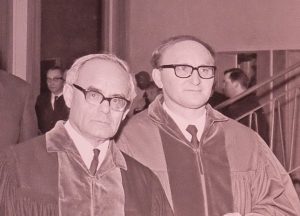
Metz begins his theological studies by entering the seminary in Bamberg. Afterwards he pursues his D. phil. in Innsbruck, Austria, under Karl Rahner, S.J.
Metz is ordained in the archdiocese of Bamburg.
Metz earns another doctorate, this time in theology.

Metz starts a thirty-year career at the Westfälischen Wilhelms Universität, Münster. At one point he is poised to be offered a teaching position at the University of Munich, but the move is blocked by the local archbishop, Joseph Ratzinger.

Along with Karl Rahner, S.J., Hans Küng, Edward Schillebeeckx, O.P. and other theologians, Metz founds the theological journal Concilium in order to nurture the theological research and exchanges that surface at Vatican II. He serves ad co-editor during the first years.
Now called the Pontifical Council for Interreligious Dialogue, this office fosters dialog between the Catholic church and other world religions. It was created as part of the Second Vatican Council.
When Germany establishes its reform university in Bielefeld, Metz becomes a founding member of the theological institute there.
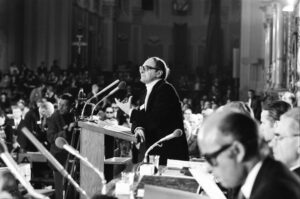
As an advisor to the Joint Synod of the German Catholic Bishops, Metz works to shape the future of the German church. He is the principle author of the synod document “Our Hope.”
Metz retires from the University of Münster as Professor Emeritus. He continues to write and speak at conferences.

Metz enjoys a position as Visiting Professor in the area of Philosophy of Religion and Worldviews (Religionsphilosophie und Weltanschauungslehre) at the University of Vienna.
The University of Vienna awards Metz a doctorate honoris causa to acknowledge his transformative work in theology.
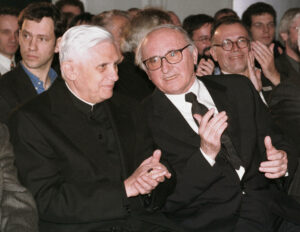
On 27 October a conference was held at Schloß Ahaus to celebrate the 70th birthday of Johann Baptists Metz. A distinguished panel respond to two papers, one by Prof. Dr. Metz and the other by his former colleague Cardinal Joseph Ratzinger. There is some controversy about the invitation to Ratzinger as he is rather famously not a friend of political theology. Contributions are later published as the book The End of Time: The Provocation of Talking about God.
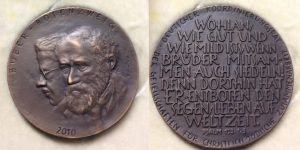
This medal is awarded to individuals or groups working to improve Jewish-Christian understanding. Metz’s political theology insists that all theology today must be done in light of Jewish experience and operate as “a theology after Auschwitz.” The award is give by the German Coordinating Council of Societies for Christian-Jewish Cooperation.

The Jesuit School of Theology at Berkeley (now part of Santa Clara University) awards Metz an honorary doctorate in recognition of his work.
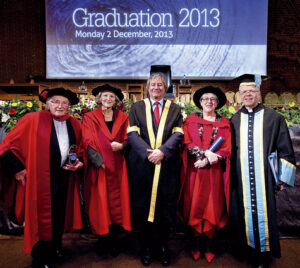
Heythrop College of the University of London confers an honorary doctorate on Metz in 2013.
On Monday, 2 December 2019, Johann Baptist Metz dies in Münster at the age of 91. He is buried in his parish cemetery of St. Mauritz near his home.